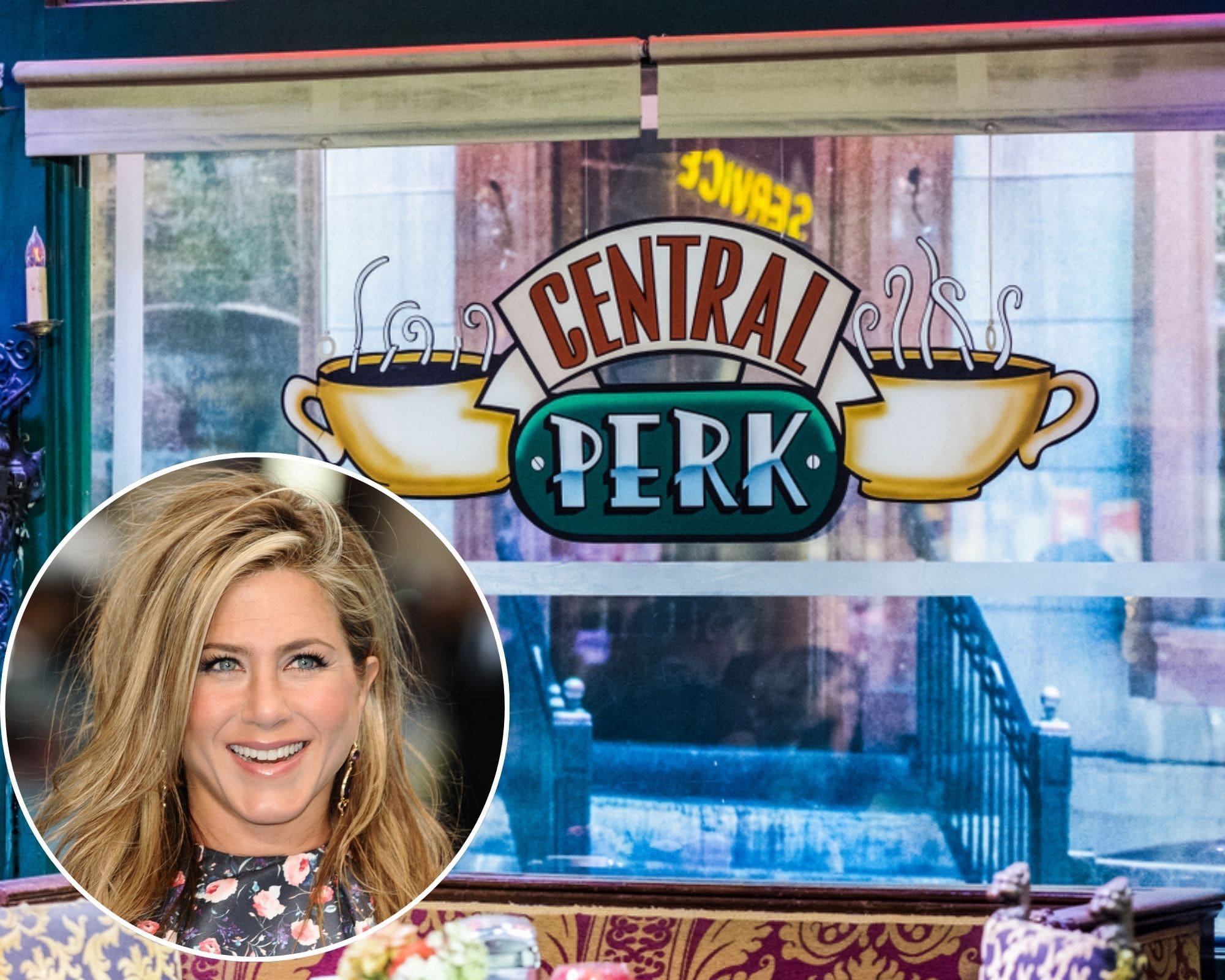Jennifer Aniston, famed for her role as Rachel Green in the iconic sitcom “Friends,” recently ignited a fiery debate by suggesting that the beloved show might not sit well with today’s Gen Z audience. From 1994 to 2004, “Friends” ruled the airwaves, becoming a cultural behemoth with its witty banter and memorable characters. Yet, as the show continues to be a staple in the rewatch category, some of its content has aged like a fine wine—while other bits have soured over time.
Aniston, at 55, opines that the comedic landscape has drastically shifted, stating in an AFP interview that comedy now treads a fine line, given the heightened sensitivity of modern audiences. “The beauty of comedy is that we make fun of ourselves and life,” she remarks. However, she notes, what once was a laughable matter has now become a touchy subject for many.
The actress points out that episodes of “Friends” are facing scrutiny from a new generation discovering them for the first time. Whether it’s the portrayal of Chandler’s transgender father, the depiction of the lesbian couple Carol and Susan, or the overall lack of diversity, the show’s elements have sparked criticism for not aligning with today’s standards of inclusivity and sensitivity.Some viewers, especially from Gen Z, have even dissected characters like Ross Geller, questioning his attitudes towards women and suggesting a darker side to his persona. Yet, despite these criticisms, “Friends” remains a cultural juggernaut, beloved by many who are willing to critique its flaws while still enjoying its humor and heart.
The discourse isn’t just confined to analytical dissections; it extends to social media platforms like X (formerly Twitter), where users express nuanced views. One user acknowledges their love for the show while admitting that certain jokes and storylines would not fly in today’s context. Another points out the disparity between the vocal minority criticizing the show and the overwhelming majority that continues to cherish it, highlighting the financial windfalls the cast still enjoys from the show’s enduring popularity.
This debate underscores a broader conversation about the evolution of humor, the reevaluation of past entertainment through a modern lens, and the balance between appreciating art for its historical context and recognizing its potential to offend. As “Friends” continues to navigate the choppy waters of contemporary cultural analysis, it serves as a testament to the show’s lasting impact and the ongoing dialogue about entertainment, sensitivity, and the shifting sands of societal norms.


